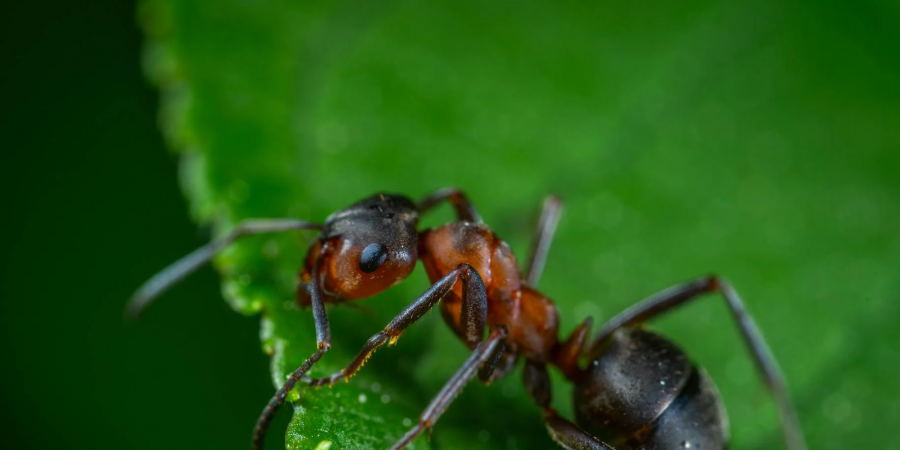

Ants, though often overlooked, are fundamental players in ecosystems around the world. Their complex social structures and diverse behaviors make them critical contributors to ecological balance. From soil aeration to seed dispersal, ants play numerous roles that benefit both their immediate environment and other species.
**Soil Aeration and Health**
One of the most significant contributions ants make to their ecosystem is soil aeration. By constructing elaborate nests, ants tunnel through the soil, creating channels that allow air and water to penetrate deeper layers. This aeration enhances soil structure, facilitating better root growth for plants. In turn, this promotes a healthier and more resilient plant community. The burrowing activity of ants also helps in mixing organic matter into the soil, enriching it with nutrients essential for plant health.
**Seed Dispersal**
Ants also play a crucial role in seed dispersal. Many plants have developed a mutualistic relationship with ants, producing seeds with a special nutrient-rich appendage called an elaiosome. Ants are attracted to this nutrient-rich structure, collecting the seeds and transporting them back to their nests. Once they consume the elaiosome, the seeds are discarded in a nutrient-rich environment, often away from the parent plant. This not only helps in seed germination but also prevents overcrowding and competition among seedlings.
**Decomposition and Nutrient Cycling**
Ants contribute significantly to the decomposition process. By feeding on dead insects, leaves, and other organic matter, ants help break down these materials into smaller particles. This activity accelerates the decomposition process, facilitating nutrient cycling and the replenishment of soil nutrients. Without ants, the breakdown of organic matter would be slower, impacting soil fertility and the health of plant communities.
**Predator and Prey Dynamics**
Ants are both predators and prey, influencing the dynamics of other species. As predators, ants help control populations of other insects and small invertebrates. This predatory behavior can prevent certain species from becoming overly dominant, maintaining ecological balance. Additionally, ants serve as prey for various animals, including birds, mammals, and other insects, supporting the food web and providing essential nutrients to other species.
**Mutualistic Relationships**
Ants engage in numerous mutualistic relationships with other species. For instance, some ants protect certain plants from herbivores in exchange for food or shelter. In other cases, ants tend aphid colonies, protecting them from predators and, in return, feeding on the honeydew that aphids produce. These mutualistic interactions highlight the interconnectedness of ecosystems, where ants contribute to the survival and prosperity of other species while benefiting from their alliances.
**Impact on Biodiversity**
The presence and behavior of ants can significantly impact biodiversity. Their activities create microhabitats that support a variety of other organisms. For example, abandoned ant nests often become homes for beetles, spiders, and other small creatures. By modifying their environment, ants contribute to a mosaic of habitats that support diverse life forms.
**Challenges and Threats**
Despite their importance, ants face challenges from habitat destruction, climate change, and invasive species. Invasive ant species, such as the Argentine ant, can disrupt local ecosystems by outcompeting native species and altering ecological balances. Protecting ant populations and their habitats is crucial for maintaining the health and stability of ecosystems.
In conclusion, ants are indispensable to their ecosystems. Their roles in soil aeration, seed dispersal, decomposition, and predator-prey dynamics demonstrate their importance in maintaining ecological balance. By supporting plant health, nutrient cycling, and biodiversity, ants highlight the intricate connections within ecosystems. Understanding and preserving these tiny but mighty creatures is essential for sustaining the natural world.
